Publications
Articles, publications, books, tools and multimedia features from the U.S. Institute of Peace provide the latest news, analysis, research findings, practitioner guides and reports, all related to the conflict zones and issues that are at the center of the Institute’s work to prevent and reduce violent conflict.
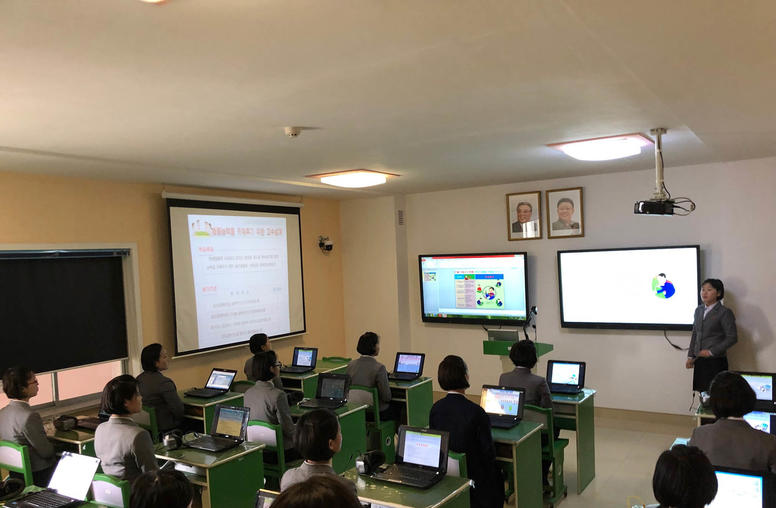
Education in North Korea: Playing the Long Game
For the last 30 years, U.S.-North Korea engagement has been erratic. Despite moderate success during the 1990s, the inconsistent nature of official engagement with North Korea over the last two decades has hindered sustained progress in improving bilateral relations and the welfare of North Korean civil society. More recently, the compounding effects of diplomatic and economic isolation caused by the U.S.-led global pressure campaign, an escalating array of multilateral and unilateral sanctions, the COVID pandemic and North Korea’s self-imposed border shutdowns have exacerbated the environment for economic and business engagement. At the people-to-people level, the barriers to engagement have even begun eroding relationships and local know how for many U.S.-based organizations.
USIP Launches Roundtable Series with Asia-Pacific Naval Attaches
The U.S. Institute of Peace (USIP) on November 7 launched what will be a series of discussions drawing together naval attachés representing Asia-Pacific countries in Washington with regional and U.S. policy experts. The aim is to help the naval attachés better understand U.S. policy-making and analytical perspectives, helping their governments to shape informed responses to U.S. strategy in a strategically vital and changing region that is the locus of numerous security, diplomatic and econom...

Assessing North Korea’s Missile Launch
North Korea, in defiance of international calls, launched a two-stage ballistic rocket on December 11, reportedly putting into orbit a satellite. Michael Lekson, an arms control expert, examines what this development means.

North Korea Conducts Nuclear Blast
North Korea on February 12 conducted a third nuclear test blast, drawing immediate global condemnation. USIP has several recent resources discussing the North's proliferation activities.

USIP Hosts Round of Northeast Asia Track 1.5 Dialogue
The U.S. Institute of Peace (USIP) this week hosted the eighth round of the Trilateral Dialogue in Northeast Asia, a Track 1.5 project involving current and former senior policymakers and military officials from the United States, South Korea and Japan. The discussions delved into a variety of security and diplomatic topics, including historical tensions between South Korea and Japan, and “achieved candor in a relaxed and truly non-defensive environment,” said one of the participants, Stephen...
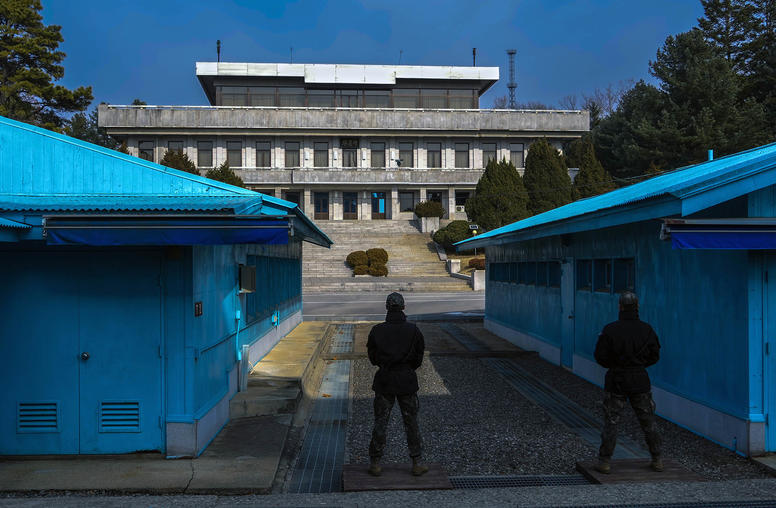
70 Years After the Armistice, the Korean Peninsula Still Struggles for Peace
On July 27, 1953, military commanders from the United States, North Korea and China signed an armistice agreement that ended the hostilities of the Korean War. The parties agreed to a “complete cessation of hostilities and of all acts of armed force until a final peaceful settlement is achieved.” They also recommended holding a “political conference” within three months for “the peaceful settlement of the Korean question.” After 70 years of truce, however, peace on the Korean Peninsula is still elusive.
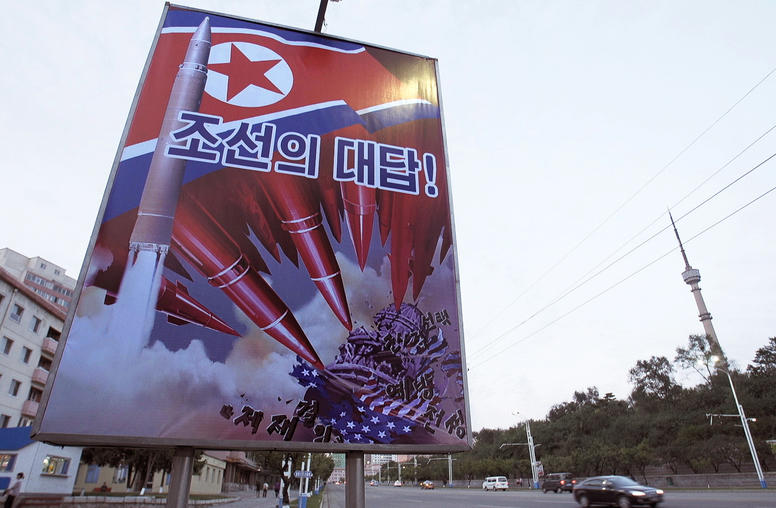
Is There any Chance North Korea Will Ever Give Up Its Nuclear Weapons?
Of course, no analyst can say with 100 percent certainty that North Korea will never give up its nuclear weapons.
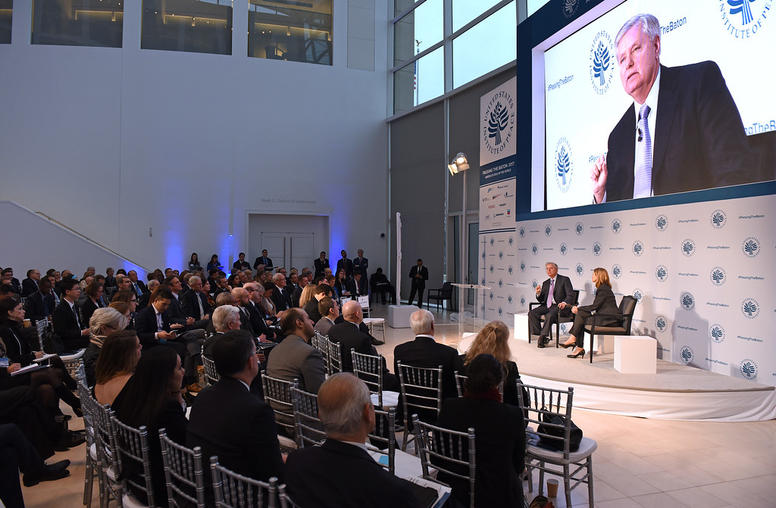
U.S. National Security Chiefs Talk Leadership, Partners
The national security advisors to President Barack Obama and President-elect Donald Trump stood shoulder-to-shoulder on a stage at the U.S. Institute of Peace yesterday and shook hands to a standing ovation at a two-day conference on foreign and national security policy. In speeches, National Security Advisor Susan Rice and her designated successor, retired U.S. Army Lieutenant General Michael Flynn, struck a tone of cooperation on the transition between administrations.
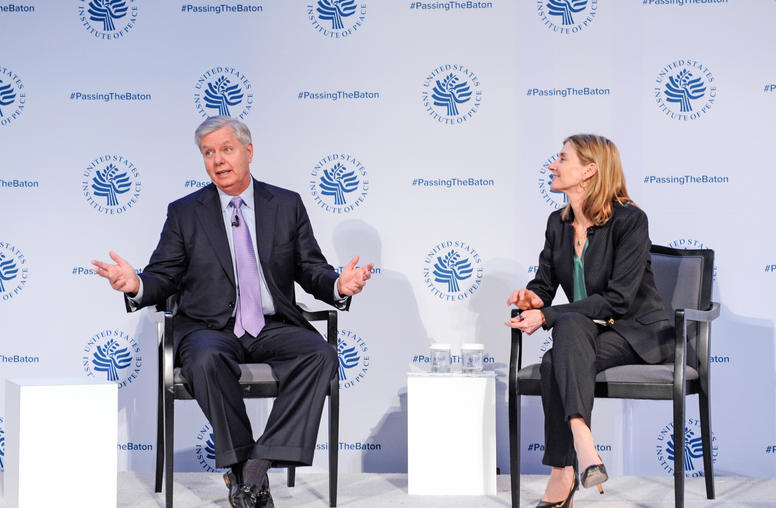
Senator Graham Urges Trump to Back Development Aid
Senator Lindsey Graham said President-elect Donald Trump needs to understand that foreign assistance is a critical tool for fighting terrorism around the world and requires a jolt in spending no less than his proposed boost for the military. Speaking at the U.S. Institute of Peace’s “Passing the Baton” conference on Jan. 10, the South Carolina Republican said that, without more resources for intelligence and for humanitarian and development aid, the new administration “will miss the boat on w...
Handling Conflict by Peaceful Means
USIP leaders explain the effect that events around the world and here at home will have on the U.S., and the contributions the Institute can and does make during a time of tremendous challenge – and opportunity.